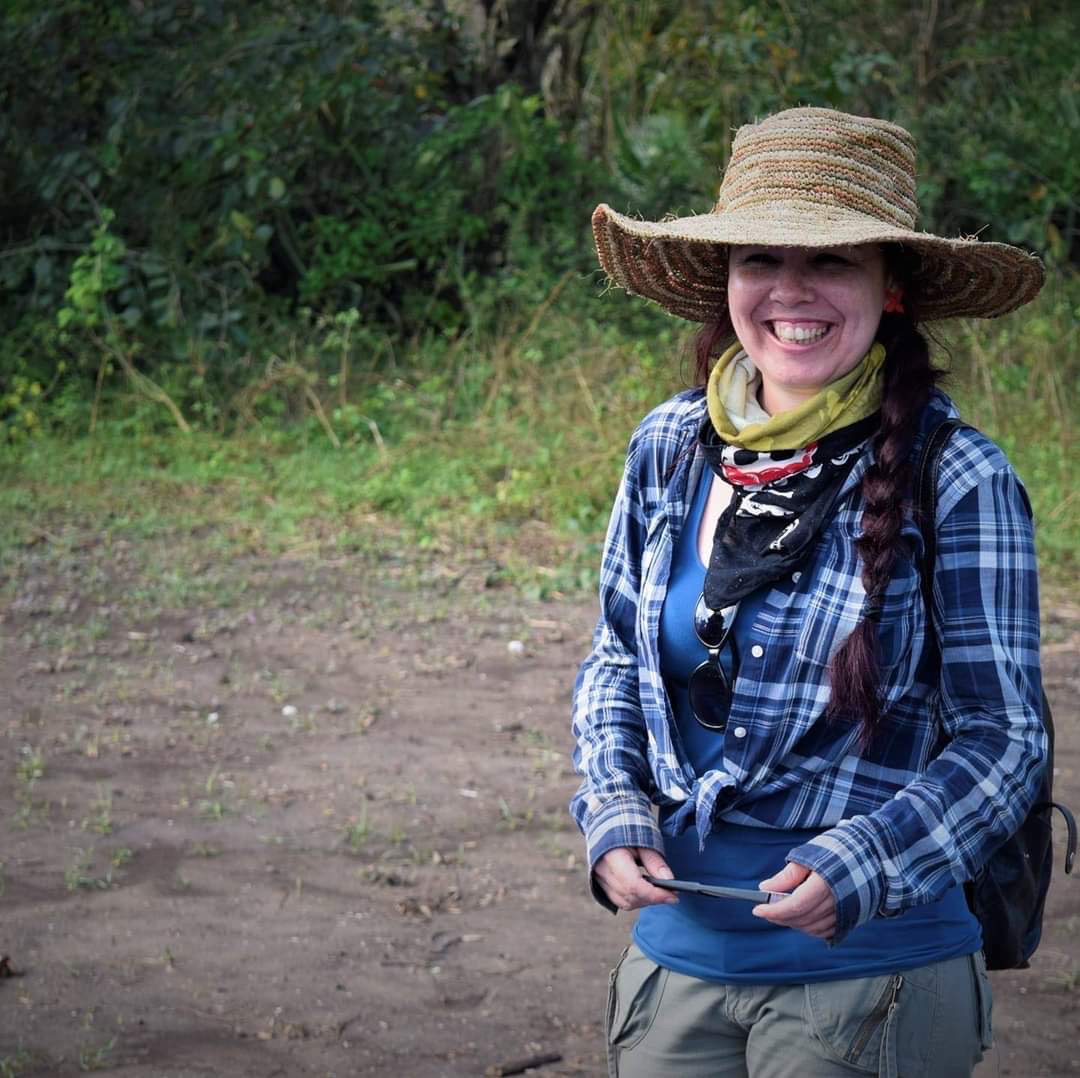PROFile: ‘A Life Dream’
Dr. Yadira Chinique de Armas, assistant professor, Department of Anthropology, University of Winnipeg
Supplied photo
“Being an archaeologist has been a life dream,” Chinique de Armas says.
Later, Chinique de Armas was disappointed to discover that archaeology is not part of the academic curricula in Cuban universities. She decided to study biology instead at the University of Havana.
Chinique de Armas later volunteered at an archaeological burial excavation site in the province of Matanzas when she was 17 years old. Seventeen years later, she continues to direct archaeological excavations at this site.
Chinique de Armas practices bioarchaeology, studying human remains from the past while considering their cultural and environmental context.
“For me, bioarchaeology is a bridge that linked my interest in archeology and my love of biology,” she says.
Chinique de Armas’ PhD research detected new findings on ancient populations in the Caribbean area.
“I identified different dietary traditions among early Indigenous groups in Cuba, which suggested a higher cultural diversity than previously acknowledged. Currently, we are exploring to which extent some of that diversity is reflected at the DNA level. Our recent results published in Science journal were promising,” she says in an email to The Uniter.
Recently, Chinique de Armas secured a grant with a colleague to develop and equip an osteoarchaeology research facility at the University of Winnipeg. The funding builds on a previously acquired grant.
“It will allow me to develop new analytical methods to model past human-environmental interactions and resilience. The acquisition of infrastructure will allow us to combine the use of optical microscopy, high-definition sampling techniques and 3D modeling to increase the resolution at which human lifetime events and changes can be detected and characterized in skeletal and dental tissues,” Chinique de Armas says.
—
What is the best thing about your work?
“It makes me feel (like) myself. I enjoy exploring new archeological places, conducting research (and) teaching. My job perfectly combines my love of Caribbean archeology and my passion for teaching. It contributes to decolonizing the history of Antillean Indigenous people. It allows me to instill values in the new generations of scientists.”
If you could have any super power, what would it be?
“Time travel!”
Is there any aspect about ancient populations you would like to research in the future?
“In the last two years, I received funding for two projects to conduct archaeological research in the Caribbean. I would like to develop new methodologies to increase the resolution at which different lifetime events can be detected in the archeological record.”
Published in Volume 76, Number 19 of The Uniter (March 2, 2022)







